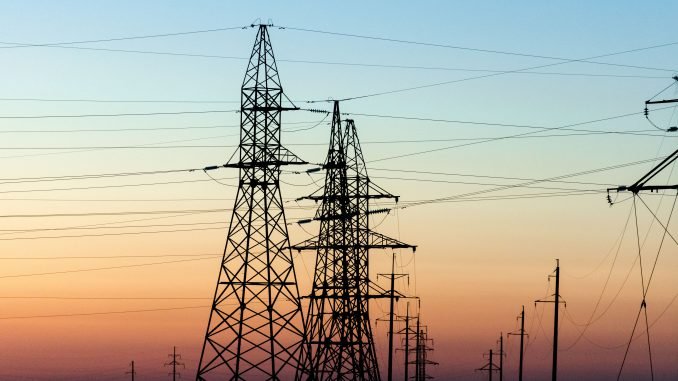
“Synchronization of the electricity networks with continental Europe is a very important priority for the European Commission. EC President Jean-Claude Juncker was personally involved in the process – both in conversations with leaders of the Baltic states and Lithuania’s President Dalia Grybauskaitė and with colleagues in the Commission,” Pranckevicius said in an interview to BNS.
In his words, the Monday’s meeting of four ministers and officials of the European Commission in Brussels “was a historic breakthrough – they managed to achieve a principle agreement among the energy ministers of three Baltic states and Poland that the political decision would be in place until next June to be able to catch the ‘financial train’ to guarantee EU support for the project.”
“Now we have work to do in connection to picking the most acceptable scenario for all four countries. We expect this is the final phase regarding the three scenarios. All three have to do with the Lithuania-Poland link, however, there is a question about one or two links, or an additional sea link,” he added.
Juncker thinks that it is an important issue for all of Europe, as it helps finalization of the Energy Union and connection of electricity rids across Europe, however, for the Baltic states it is a signal and symbol of final integration with the EU. They are members of the euro area and the Schengen zone, taking part in many other fields of policy, however, their energy sectors are still in part dependent on Russia’s policies, which is unacceptable and dangerous for their independence, not just energy independence. In Juncker’s words, the decision will become a symbol of true European unity.
In Pranckevičius’ words, no specific calculations have been made, however, there are no doubts that the EU would be able to finance the project from the so-called Connecting Europe Facility.
“The decisions will be clear after the synchronization scenario has been selected, as it will determine the scope of the financing and the possibility of EU co-financing. We need political consensus to be able to initiate the formal process and include the Baltic electricity grid in the general plan and the European Network of Transmission System Operators (ENTSO-E ),” said Pranckevicius.
“Since November, the project is on the EU list of priority projects, so naturally it can definitely expect EU support,” he added.
“If the decision to complete the project by 2025 is taken by June, as agreed, the project will be financed in both this and the next financial perspective. It is very important to reach the decision as soon as possible to be able to use the money available in this financial perspective. This is possible,” said the official.

Be the first to comment